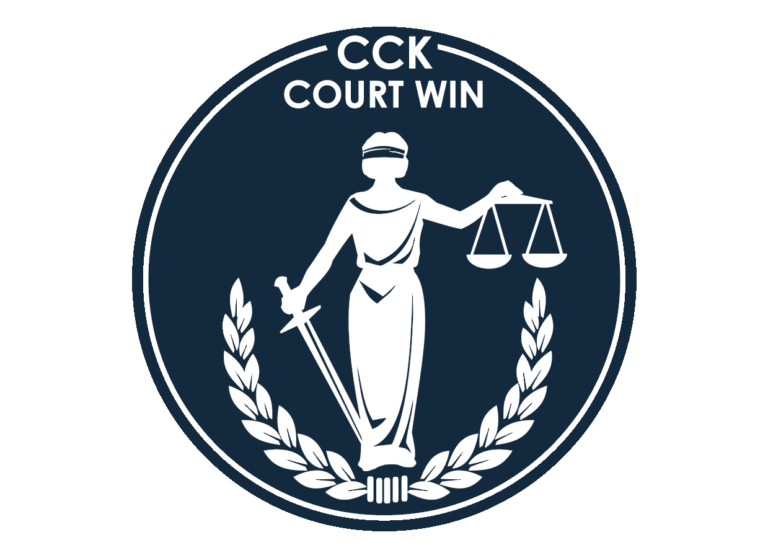Board Incorrectly Denied an Earlier Effective Date for Service Connection for Veteran’s Cause of Death

Factual and Procedural History
The Veteran served honorably in the United States Air Force in the 1950’s. Following service, he applied for service connection for colon cancer due to ionizing radiation he was exposed to while serving in the Marshall Islands during Operation Ivy in November 1952. The Veteran passed away while his service connection claim for colon cancer was still pending. His spouse applied for Dependency Indemnity Compensation in April 1992, asserting that exposure to ionizing radiation caused the Veteran’s cancer. Although VA first denied the claim, it eventually awarded service connection for the cause of the Veteran’s death with an effective date of March 26, 2002 – the date of the law that revised 38 CFR § 3.309 by adding colon cancer as a presumptive disease based on radiation exposure. However, this still left the issue of whether an effective date before March 26, 2002 was warranted, a question to be addressed without the benefit of the § 3.309 presumption.
VA produced several reports addressing the likelihood that radiation exposure caused the Veteran’s cancer. However, through prior joint motions for remand from the Court and through remands by the Board, those reports were found to be inadequate. Following the most recent Board remand, the Acting Director of VA’s Compensation Service requested an opinion from the Under Secretary for Health on whether it was likely, unlikely, or as likely as not that the Veteran’s colon cancer resulted from exposure to radiation in service. The June 2016 Under Secretary’s opinion indicated that the Interactive Radio Epidemiological Program of the National Institute of Occupational Safety and Health was used to calculate a 30.01% probability that exposure to ionizing radiation caused the Veteran’s colon cancer. Based on this finding, the Director opined that there was no “reasonable probability” that the Veteran’s colon cancer could be attributed to ionizing radiation exposure while in military service.
Board Denies Service Connection for Cause of Death Prior to March 2002
In August 2017, the Board issued a decision that denied an effective date earlier than March 2002 for service connection for the cause of the Veteran’s death. In its decision, the Board found that the Director’s opinion was adequate and relied on it in determining that an earlier effective date was not warranted, because the Veteran did not meet the requirements for service connection under 38 CFR § 3.311.
CCK Appeals to the CAVC
CCK successfully appealed to the Court of Appeals for Veterans Claims (CAVC) the Board decision that denied an effective date earlier than March 2002 for service connection for the Veteran’s cause of death. CCK argued that the Board did not apply the special development procedure under 38 CFR § 3.311 correctly because it did not explain how the Under Secretary for Health’s conclusion that there was a 30.01% probability of causation means that there’s no reasonable possibility of service connection, as that term is used in the regulation. Under the regulation, if the Under Secretary for Benefits cannot determine from the Under Secretary for Health’s opinion that it is as likely as not that there is a relationship or that there is no reasonable possibility of a relationship, VA is supposed to seek an outside expert’s opinion.
The Court agreed with CCK’s arguments and remanded for the Board to explain how a 30.01% probability of causation means there is no “reasonable possibility” of causation.
About the Author
Share this Post
